.webp)
New Balance
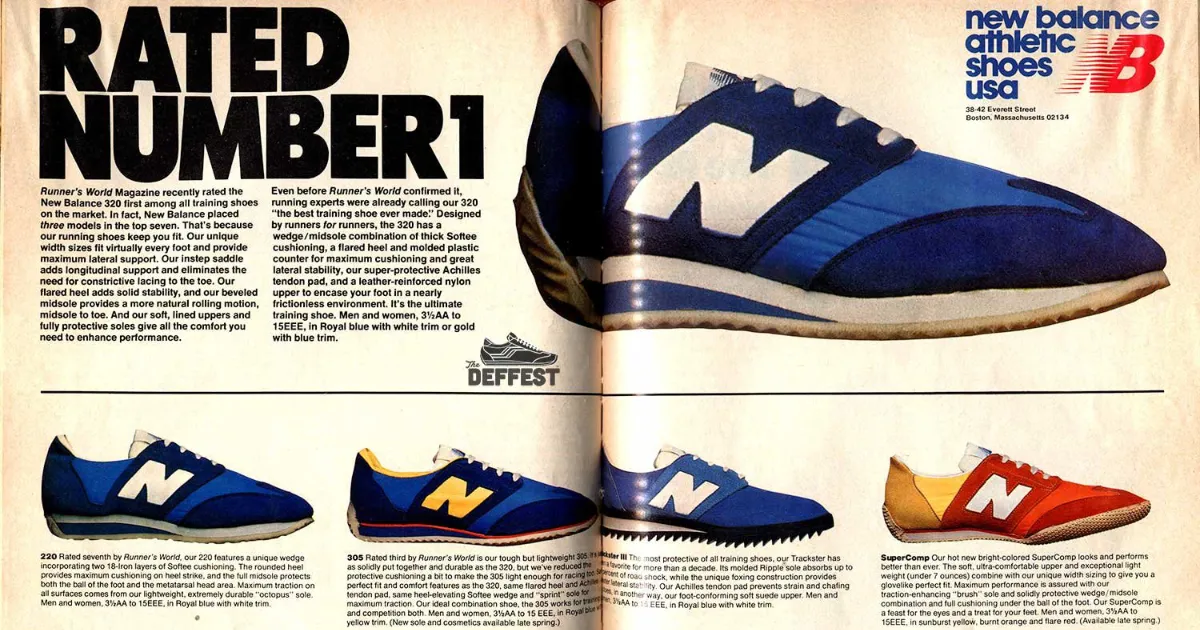
Discontinued: Late 1970s
The Trackster was the first running shoe with rippled soles. The shoes introduced customizable width fittings, which would become a New Balance hallmark. The shoe marked the company’s shift from arch supports to athletic footwear. It was popular with college track teams and YMCA programs.
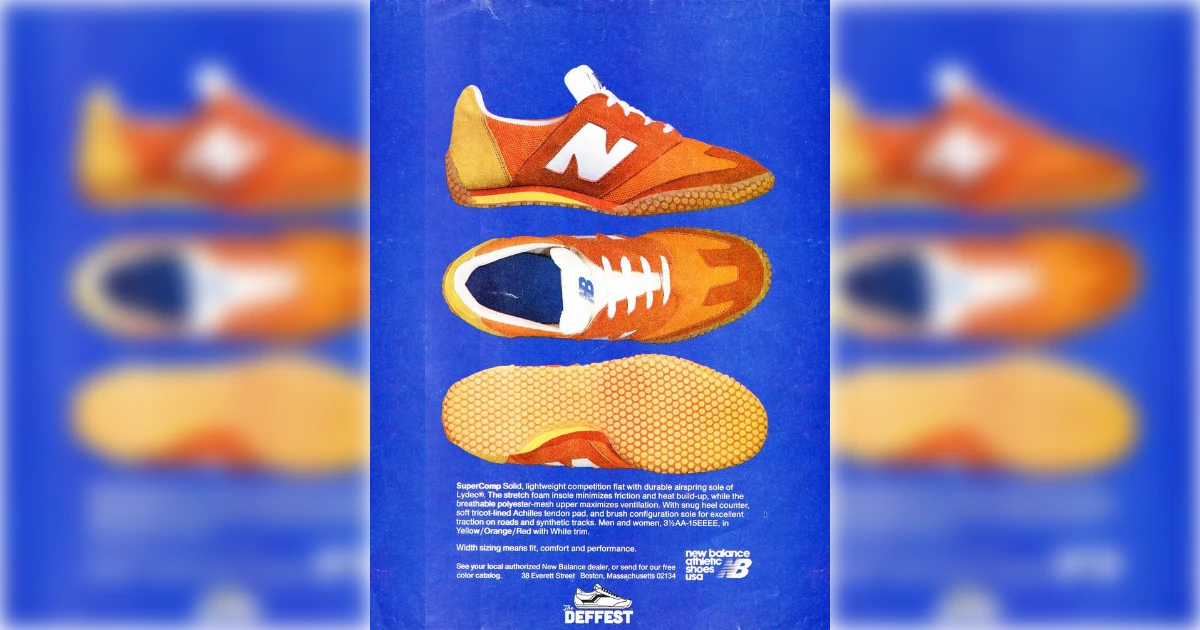
Discontinued: Early 1990s
The first New Balance shoe featuring the iconic “N” logo. Runner’s World magazine rated it the #1 running shoe. Blue and white nylon-suede construction. The sneaker put New Balance on the map as a major running brand. It later influenced the 327 design.
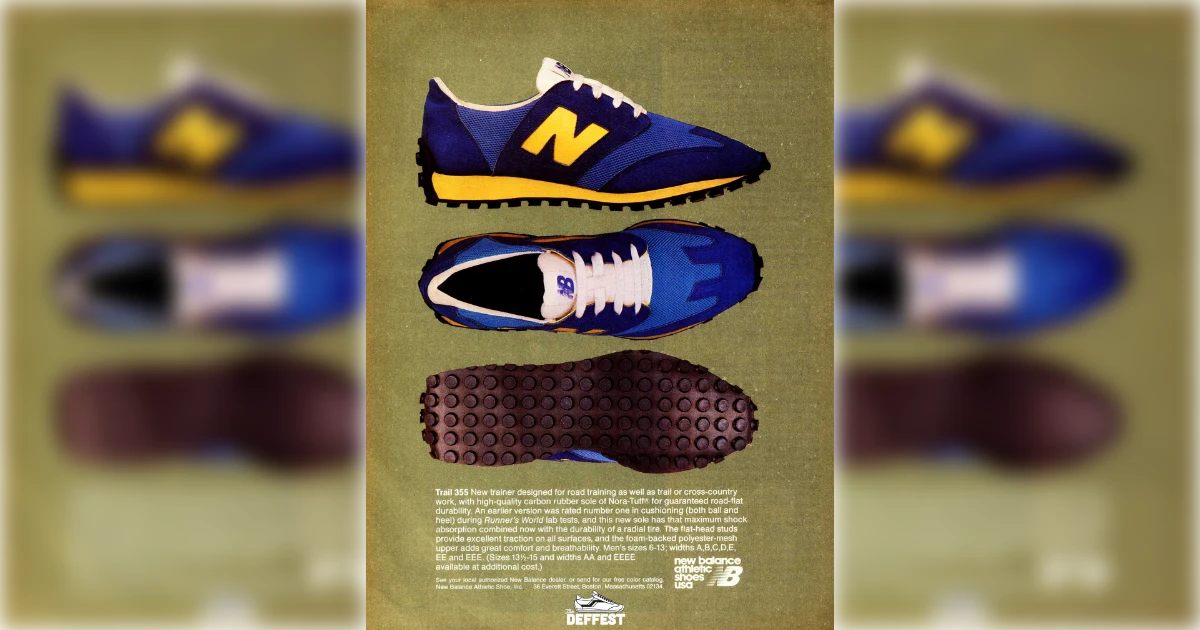
Discontinued: Early 1980s
A trail-specific runner with Nora-Tuff carbon rubber sole. The 355 featured flat-head studs that provided multi-surface traction. Runner’s World rated the earlier version #1 for cushioning. The shoe also had a foam-backed polyester mesh upper for breathability.
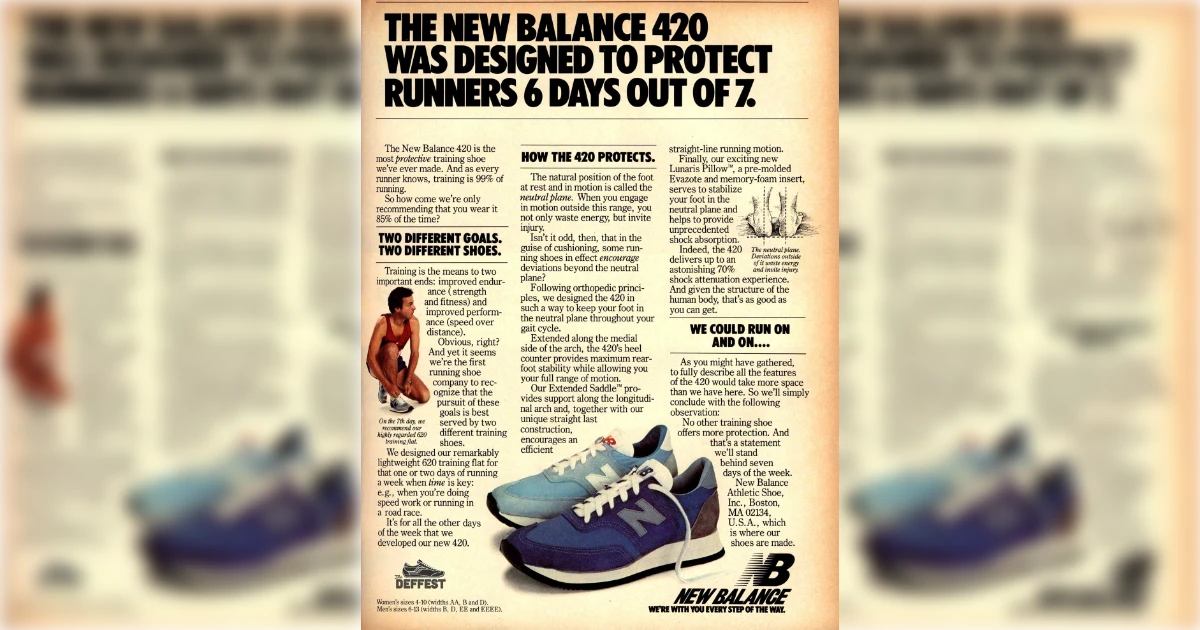
Discontinued: Mid-2010s
America’s biggest-selling running shoe was sold for $40 during peak years. The New Balance 420 had an EVA wedge midsole with Vibram Morflex outsole. And a suede-nylon upper combination. The shoe was designed for maximum comfort. It later transitioned from performance to a lifestyle shoe before the shoe was discontinued.
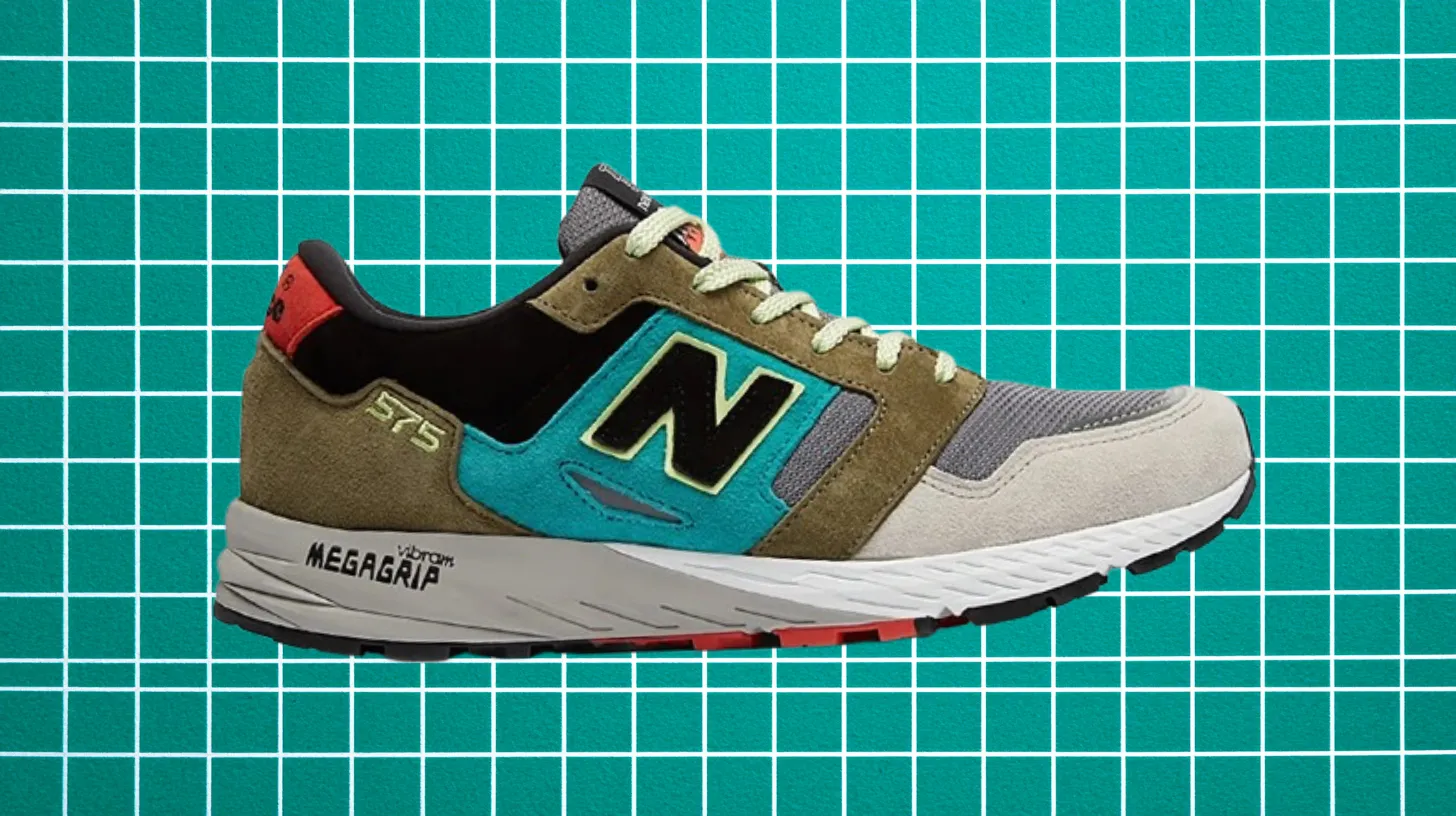
Discontinued: Mid-2000s
Trail-tuned design with Rollbar midsole system borrowed from the 580. The 575 had strong initial sales but was overshadowed by neighboring models. You might remember the 575 for Jeff Staple’s “Pigeon” collaboration on the V2 version.
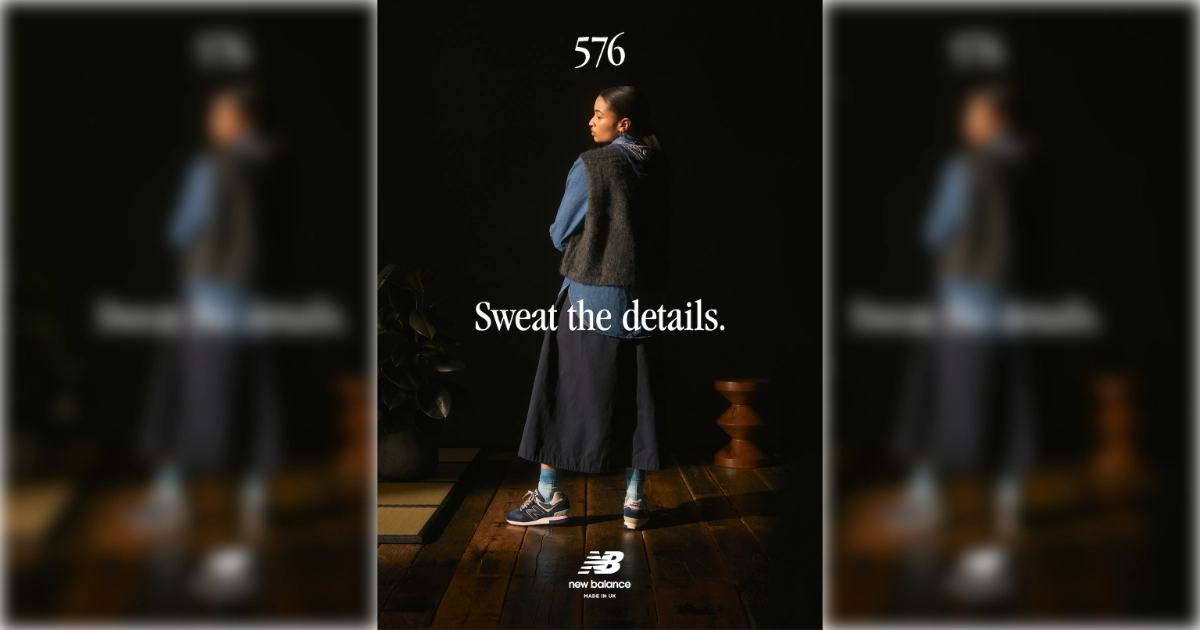
Discontinued: Early 2000s
The last of the traditional “big N” silhouettes. At first, this sneaker was underwhelming, but it gained popularity after an Elle Magazine cover feature. The 576 became a fashion world favorite for a brief time. And UK-made versions from the Flimby factory continued sporadically.
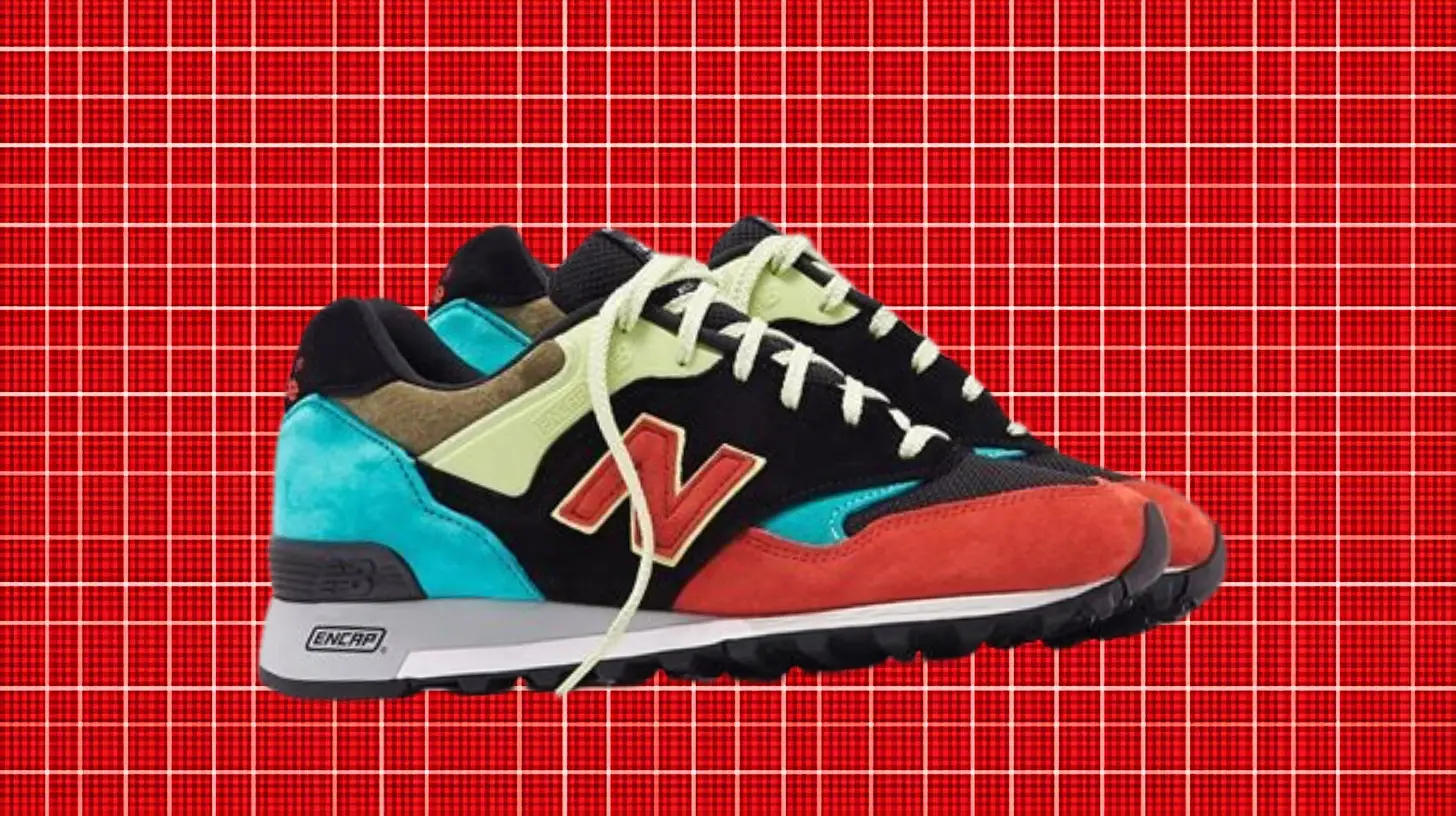
Discontinued: Mid-2010s
The 577 was a sleeker version of the 576. Made primarily at England’s Flimby factory. It became an early collector’s grail before the collaboration era. The shoe even came in an Israel Defense Forces edition in black-grey, which today makes it a valuable collector’s item.
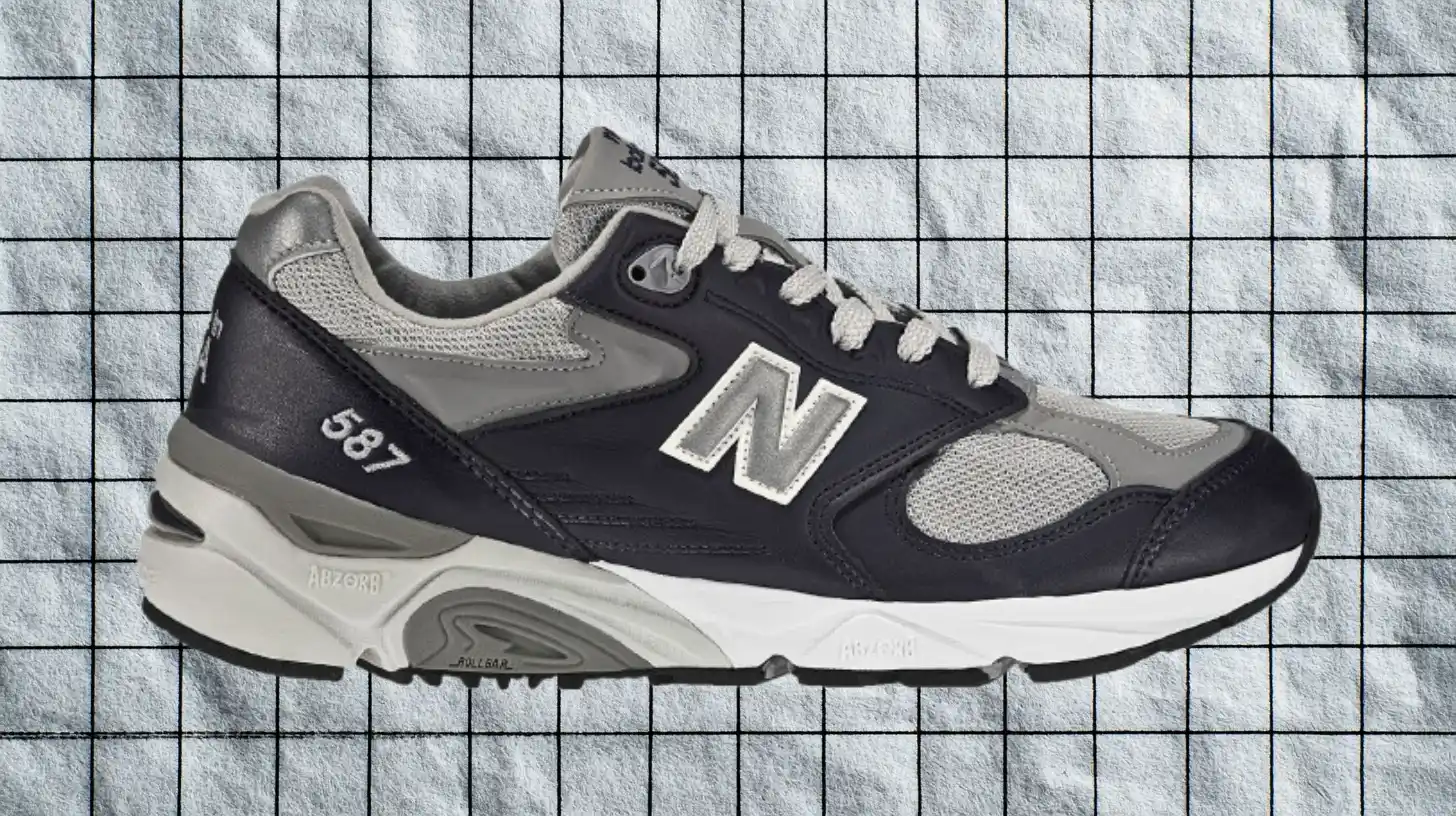
Discontinued: Late 1990s
This made-in-USA New Balance shoe came with higher leather content than typical NB runners. It featured Rollbar midsole and ABZORB heel-forefoot cushioning. And became a sleeper hit during the early 2000s retro releases despite initial obscurity.
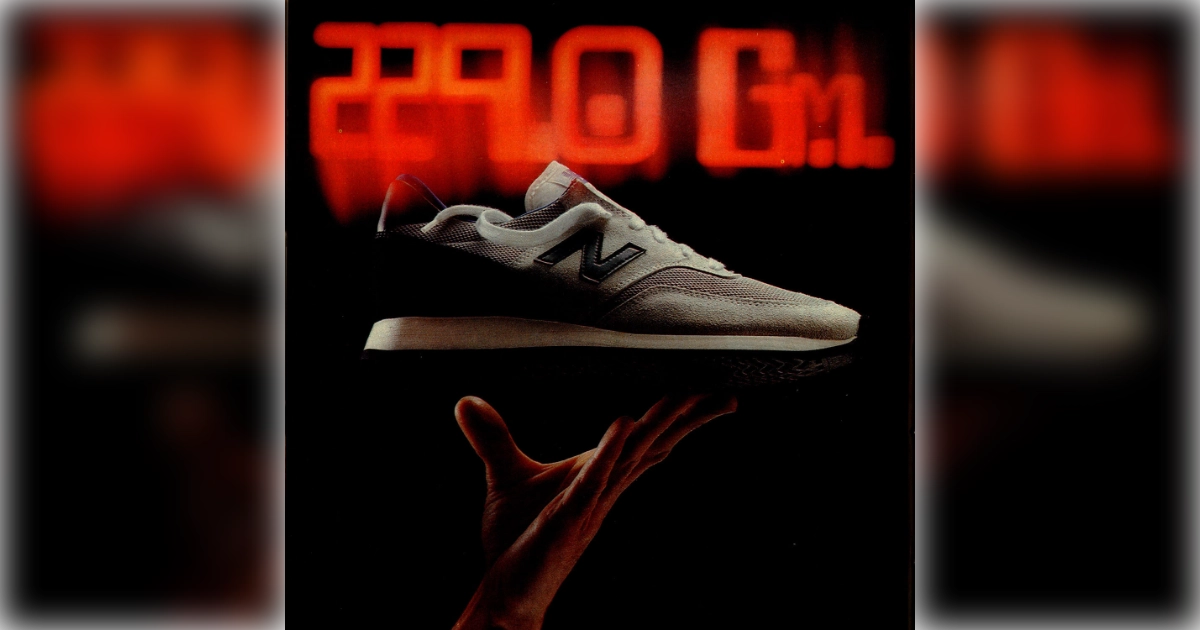
Discontinued: Early 1990s
The 620 was the lightest, most advanced runner at launch. It was also the first NB shoe to break the $50 price barrier. Weighing at just 229 grams, it qualified as lightweight by modern standards and set new performance benchmarks for the industry.

Discontinued: Mid-2000s
This sneaker occupied a unique position between 500s and 900s series. The Norse Projects collaboration and “Red Devil”colorway achieved cult status. The 670 was designed with classic running construction with a performance-oriented design philosophy.
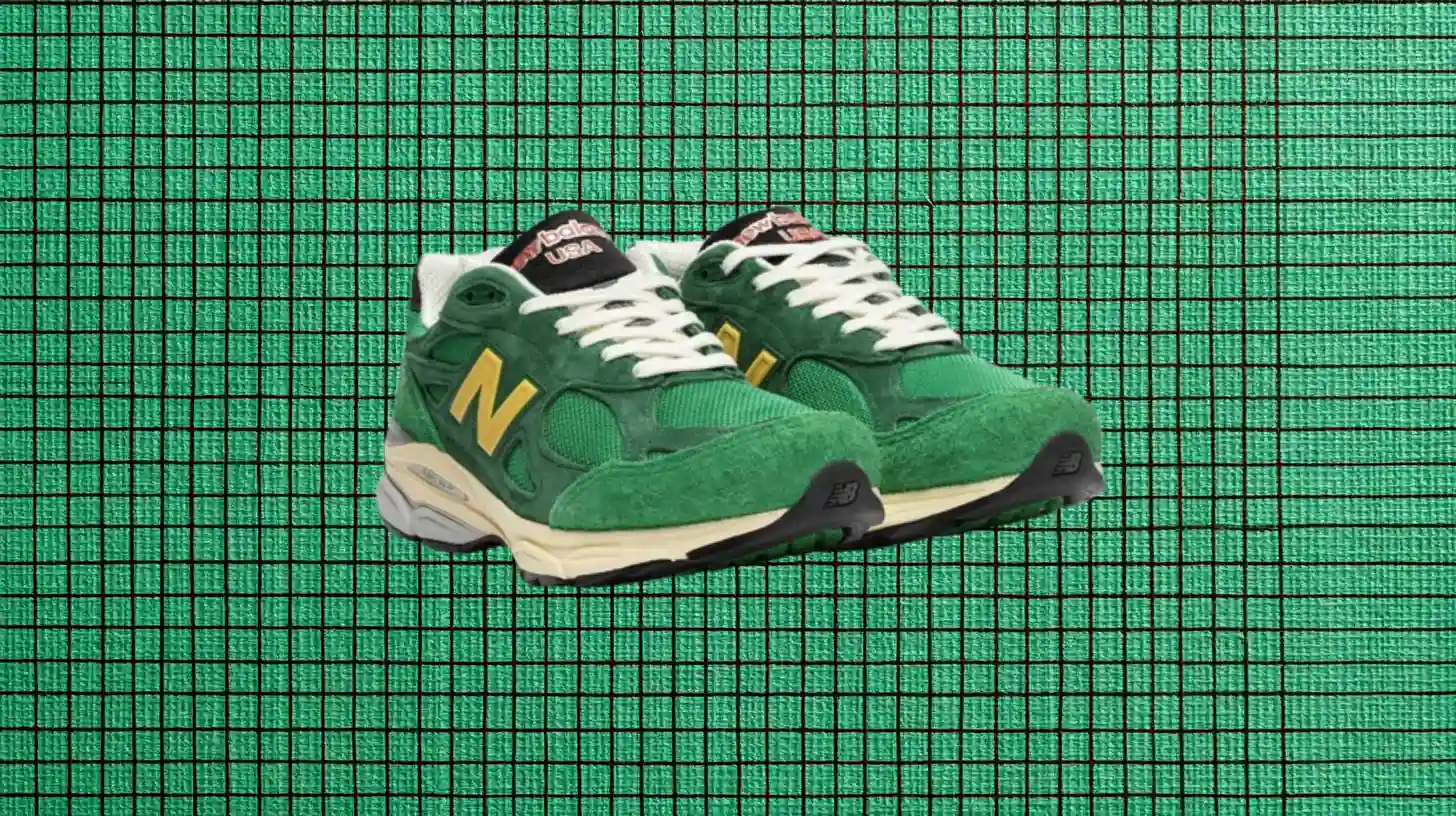
Discontinued: 1998
The 990v1 was the first $100 running shoe ever (equivalent to $303 today). It was made using USA craftsmanship with cutting-edge technology. This NB shoe was most popular in the Washington D.C. area, matching Georgetown gear. It was briefly resurrected for its 30th anniversary in 2012.
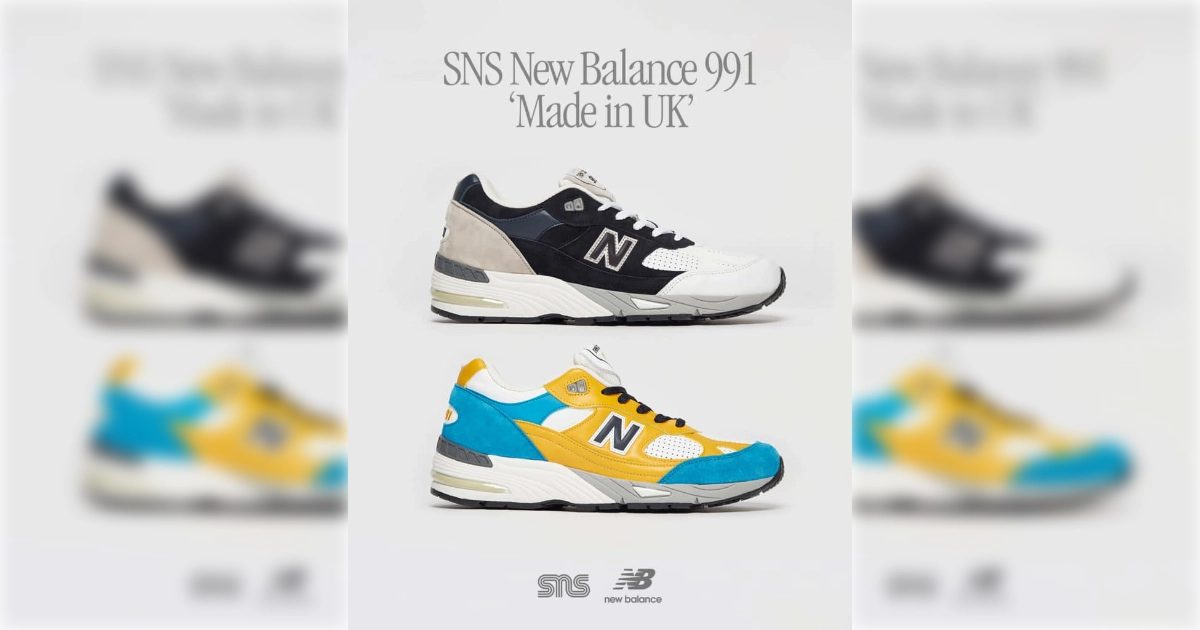
Discontinued: 2011
Steve Jobs’ preferred shoe in grey suede. The latest 991 model came in the legendary 99x series. Premium suede-mesh construction with advanced cushioning. The shoe was briefly pulled from production before reissue. It continued to be a symbol of understated tech executive style.
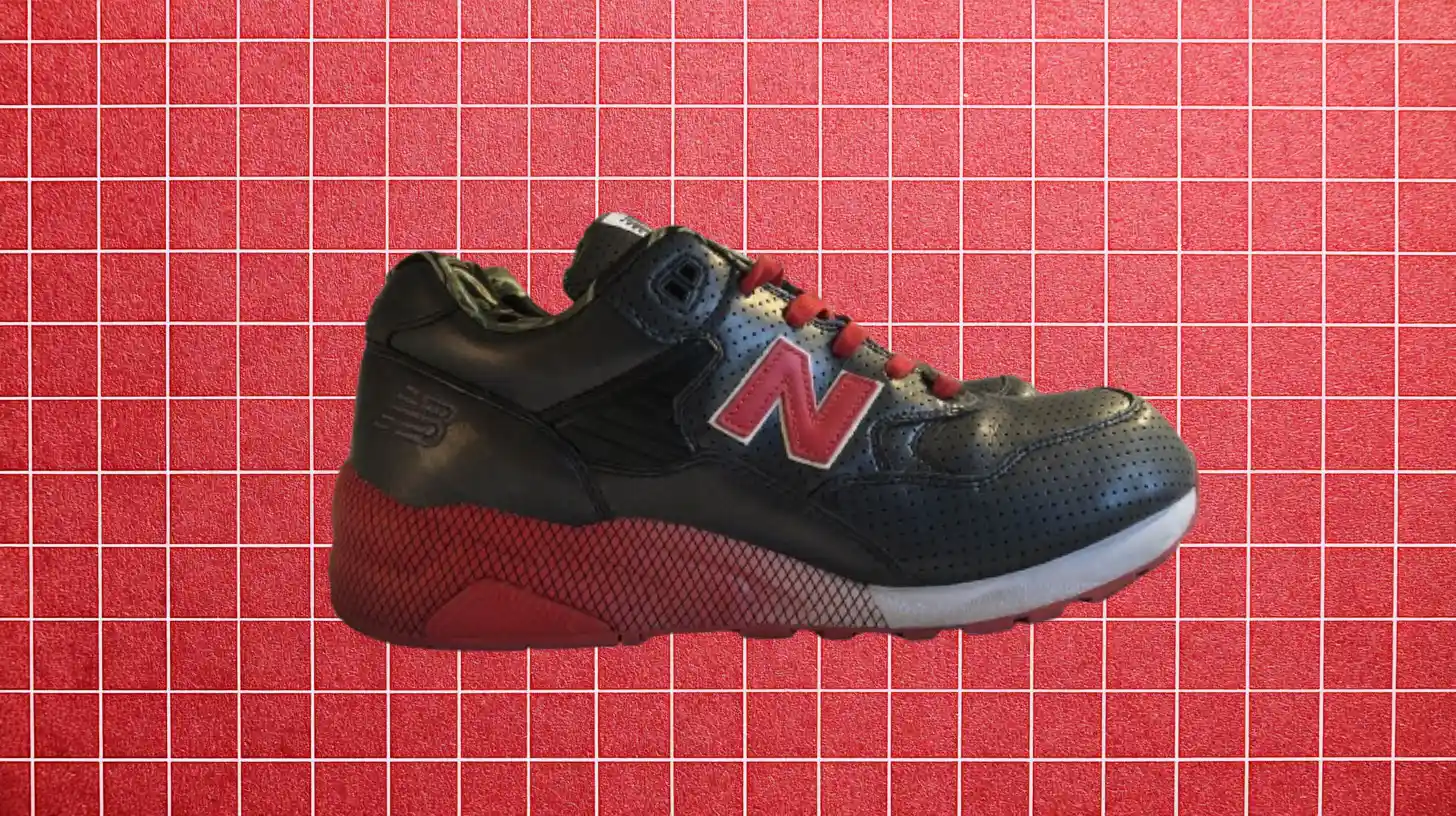
Discontinued: 2010
This was a New Balance Japan-exclusive for 14 years. Countless Mita collaborations made the MT580 a cult status for collectors. The shoe featured an outdoor-oriented design with robust construction. Burn Rubber brought it to the U.S. market in 2010, ending its mystique as a forbidden grail.
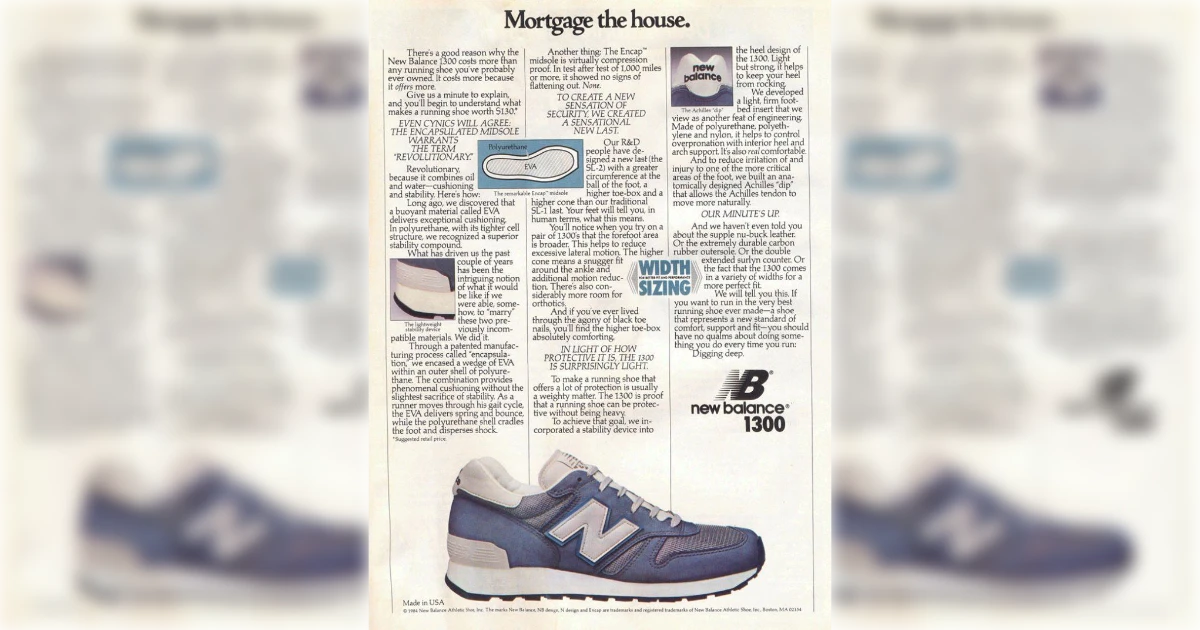
Discontinued: 1995
A running shoe with a $130 price tag. It is the “Best running shoe ever made,” according to New Balance. Released every five years in extremely limited quantities. The 1300 became the ultimate collector grail due to scarcity-driven desirability.